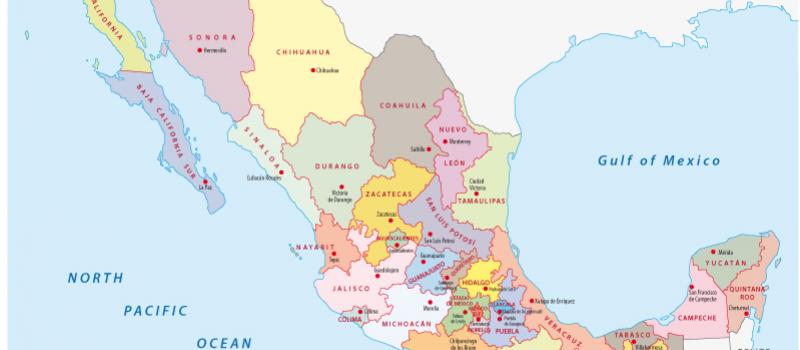The Struggle for the Soul of the Latin American Left
posted by R. Evan Ellis on April 20, 2022 - 9:51am

This report originally published by the Center for a Secure Free Society.
BOTTOM LINE UP FRONT:
1 Will the Latin American left go in the direction of authoritarianism, much like Venezuela and Nicaragua, or seek to maintain the democratic institutions that afford the losing side the opportunity to regain political power?
2 With a preponderance of Latin American countries currently controlled by the left, the dynamic between the more authoritarian-aligned actors and their more democratic counterparts in each country—will define the trajectory of the region for years to come.
3 On April 7, 2022, the United Nations General Assembly voted to suspend Russia from the Human Rights Council for its egregious human rights violations during the brutal invasion of Ukraine. Seven countries in Latin America did not vote against Russia, highlighting Latin America as a problem for US multilateral engagement.
4 The Biden administration must not confuse respect for the sovereignty of its partners in Latin America, or its sympathy with their political agenda, with turning a blind eye to the dangerous autocratic minority within each leftist Latin American government that would polarize, paralyze, or hijack the region’s democratic institutions for their own ends.
On April 7, 2022, the United Nations General Assembly voted to suspend Russia from the Human Rights Council for its egregious human rights violations during the brutal invasion of Ukraine. Brazil, Cuba, El Salvador, Mexico, Nicaragua, Suriname, and Trinidad and Tobago, were not among the 93 countries that voted against Russia, highlighting Latin America as a problem for US multilateral engagement.[1]
The vote also illustrated how the changing political composition of Latin America and the decline of democracy in the region impairs multilateral engagement that is critical to regional and global security.
It is largely a fait accompli that a majority of Latin America will be governed by leftist leaders, in what appears to be a shift away from the “conservative wave” that dominated the region in the second decade of the 21st century. Some, but not all of these leftist governments have increasingly anti-democratic strains that have opened the door to global authoritarian actors, namely China, Russia, and Iran. The question, however, is whether the Latin American left will go the direction of authoritarianism, much like Venezuela and Nicaragua, or seek to maintain the democratic institutions that afford the losing side the opportunity to regain political power?
The current state of affairs in Latin America offers both opportunities and risks for U.S. policymakers, as those committed to democracy on the Latin American left are in an internal struggle with the more authoritarian strains within its political current.
Please clcik here to continue to read.

